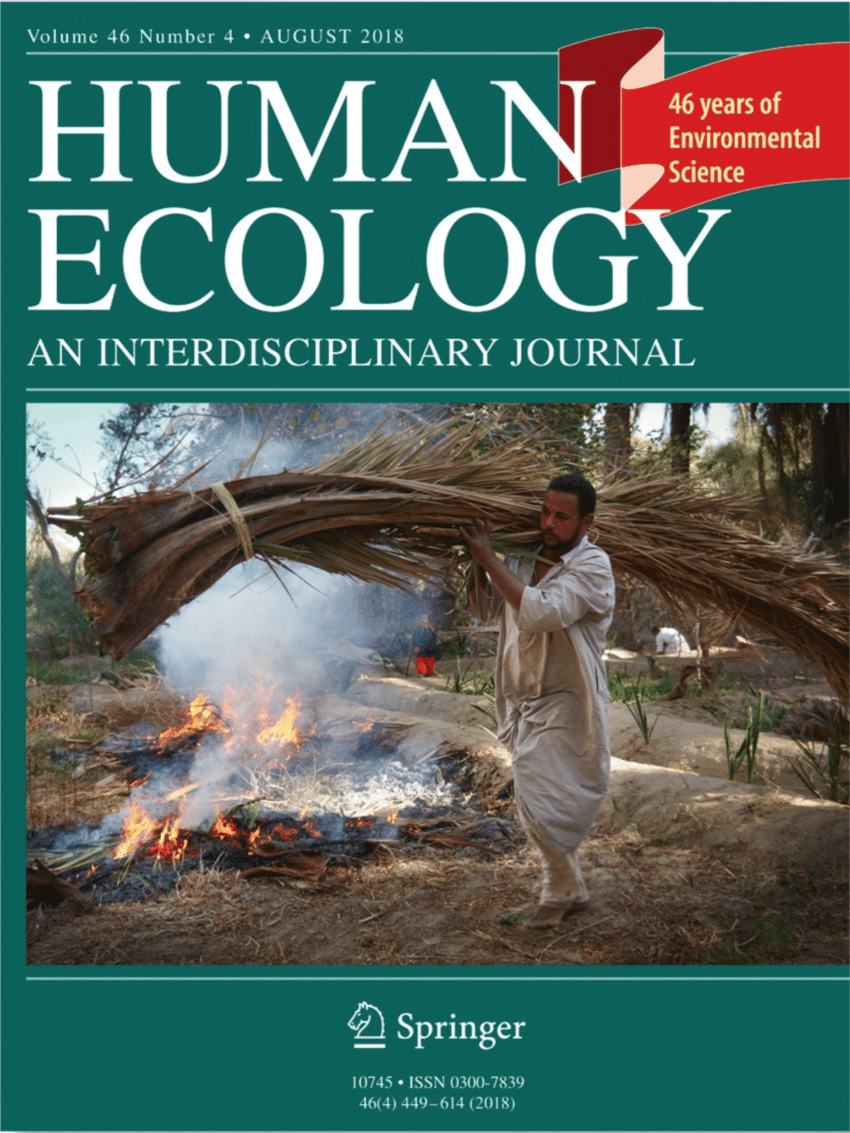Understanding Factors that Shape Exposure to Zoonotic and Food-Borne Diseases Across Wild Meat Trade Chains

The rise of zoonotic disease-related public health crises has sparked calls for policy action, including calls to close wildlife markets. Yet, these calls often reflect limited understanding of where, precisely, exposure to risk occurs along wildlife and wild meat trade chains. They also threaten to negatively impact food security and livelihoods. From a public health perspective, it is important to understand the practices that shape food safety all along the trade chain, resulting in meat that is either safe to eat or managed as a potential vector of pathogens. This article uses ethnographic methods to examine the steps that lead a wild animal from the forest to the plate of an urban consumer in Yangambi and Kisangani in the Democratic Republic of Congo (DRC). Focusing on hunters, village-level consumers, transporters, market traders and urban consumers, we highlight specific practices that expose different actors involved in the trade chain to wild meat related health risks, including exposure to food borne illnesses from contaminated meat and zoonotic pathogens through direct contact with wild animals, and the local practices in place to reduce the same. We discuss interventions that could help prevent and mitigate zoonotic and food borne disease risks associated with wild meat trade chains.

